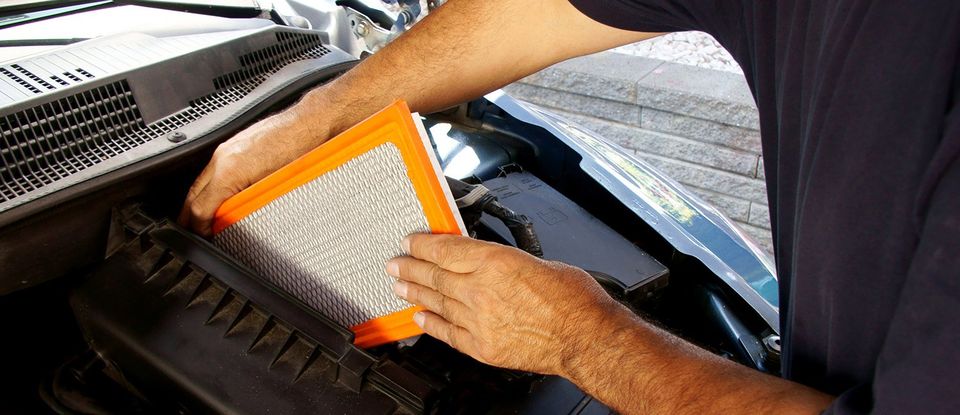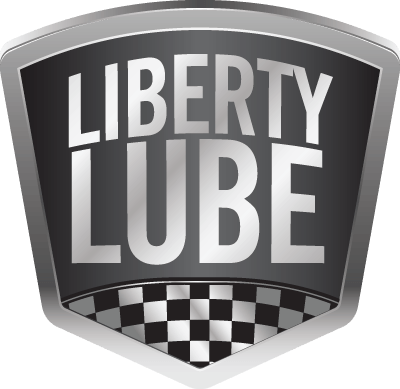ENGINE AIR FILTERS
Imagine a late-night drive in warm weather, and upon return you notice that the front of your vehicle is covered with splattered bugs, sap, leaves and other grime on the grill, license plate and lights.
These items as well as moisture can also make their way into the engine bay. If such debris and other road-grime make it past the air intake and into the engine itself, it can cause abrasion or corrosion; Two things that will have significant impact on the performance and or lifetime of your engine.

What is the Engine Air Filter?
As outside air is pulled into the engine via the air intake, (the vacuum created from engine combustion), air passes through a membrane material (the air filter), that simply traps and prevents debris from getting in the engine.
Why is it important?
- In theory a dirty air filter will deprive the engine of combustion air and negatively affect engine performance. Research with modern, fuel-injected cars shows that a filthy engine air filter can significantly rob an engine of power, but not necessarily affect fuel economy. Thankfully with newer technology, fuel is monitored by a mass air flow sensor and adjusted by the vehicles computer (ECU) to deliver the correct fuel mass to the engine; Once again at a cost of engine performance i.e. acceleration and response.
- Incorrect size or fit can cause a number of issues. An air filter that does not fit properly can allow debris, and increased air flow into the engine; This can fool the sensor that monitors the flow of air into the engine, which in turn can lead to a check engine light, and poor fuel efficiency.
- An old or damaged air filter can actually come apart, allowing the engine to suck parts of the air filter and other debris in to the engine, resulting in costly repairs.
- There is a general understanding that you can simply blow out your engine air filter with compressed air or tap debris from the filter. This is highly NOT recommended as compressed air or tapping the filter may separate or stretch the membrane material that blocks debris particles as small as 5 microns or in some cases even smaller. As a reference the human hair is approximately 50 to 70 microns in diameter.
How do you know if you require a new engine air filter?
This is a simple and efficient courtesy inspection performed by our service technicians, which can easily determine the condition of your Engine Air Filter.
- Utilizing a manufacturer database for your specific make and model, we will follow your vehicle manufacturer's replacement interval. That interval is a great guideline to follow, however; depending on the environment you typically travel e.g. if you live near a construction zone, farm land, the beach or unmaintained roads, you will need to replace your filter more often as sand and dust will clog a filter much sooner than the manufacturer recommends.
- Secondly our service technicians will perform a Visual inspection of the Engine Air Filter and filter compartment.
This is truly the best way to determine if you need a filter replacement.
Some of the signs of an expired engine filter are:
- Excessive dirt or sand.
- Oil saturation. (This can be the result of another problem).
- Foreign objects which may range from a dead mouse, a nest, or shreds of paper. None of those things belong on your air filter or in the filter compartment. This will certainly deprive your engine of its performance, e.g. acceleration and response.
There are certain items on your car that you can procrastinate on replacing, and at worst they will mildly irritate you. Due to the importance of your engines performance and well-being, an Engine Air Filter is certainly a component that warrants servicing on schedule.
Check your vehicles owners manual for specific servicing intervals or our service team the next time your vehicle requires service.

